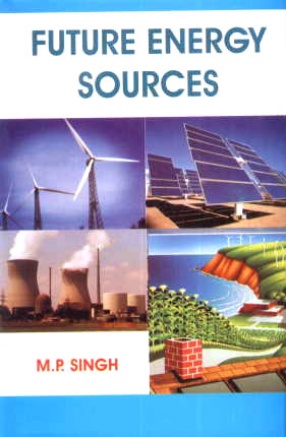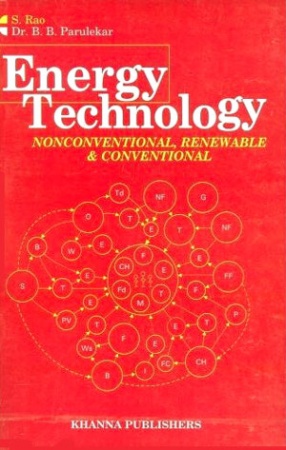Future Energy Sources
A reviewed interest in renewable energy and related conversion technologies is emerging again. Although the eventual depletion of fossil fuels lurks in the background as a long-term incentive for the development of sustainable energy forms, more urgent incentives to re-emphasize renewable energy are related to global environmental quality. The first concern to emerge was release of toxic compounds and oxides of nitrogen and sulphur resulting from combustion of fossil fuels. These air pollutants contribute globally to health and environment problems, the most common of which is referred to as acid rain. The greatest threat is that of global warming related to an increased concentration of carbon dioxide and other upper atmospheric pollutants resulting from anthropogenic activities. Use of renewable biomass (including energy crops and organic wastes) as an energy resource is not only greener with respect to most pollutants, but it's use represents a closed balanced carbon cycle with respect to atmospheric carbon dioxide. It could also mitigate atmospheric carbon dioxide levels through replacement of fossil fuels. A third concern is the recognized need for effective methods of treatments and disposal of large quantities of municipal, industrial and agricultural organic wastes. These wastes may not only represent a threat to environmental quality, but also represents a significant renewable energy resource.
Get it now and save 10%
BECOME A MEMBER










Bibliographic information